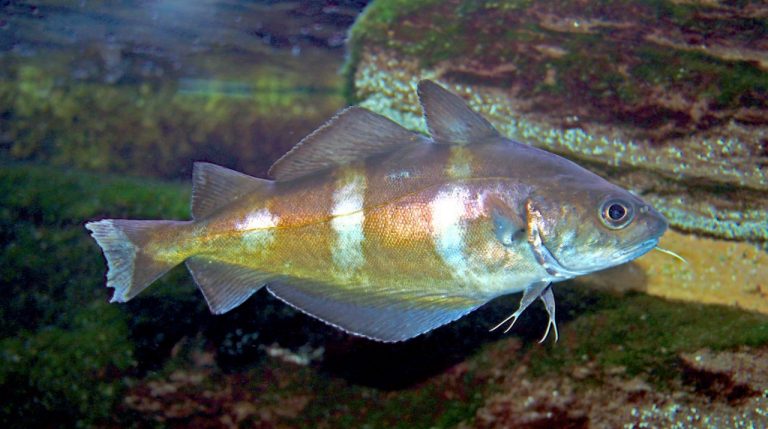Range-shifting fishes are climate-change losers, according to new research

The warming of the Earth’s oceans due to climate change is affecting where the world’s fishes live, eat and spawn — and often in ways that can negatively impact their populations. That’s according to a new paper in the journal Nature Ecology and Evolution.
The researchers write that populations that experience rapid-range shift decline noticeably, up to 50 per cent over a decade. The populations affected most are those living on the northern poleward edges of their species’ range.
“There is a conventional wisdom among many climate-change biologists that species that shift their ranges quickly by moving northward should provide a mechanism to sustain healthy populations — that shifting species should be climate-change winners. Our results show the exact opposite,” says paper co-author Jean-Philippe Lessard, a professor in the Department of Biology.
“Species that are shifting their range quickly experience little change in their population size in their core range. But some of them experience a major collapse in their populations at the northern edges.
“In fact, the population collapse is mostly driven by the northern poleward populations,” he adds. “We were expecting that many individuals from the core of the range would be moving up north due to climate change and maintain these northern populations. But the northern-edge populations are the ones most likely to collapse.”
 Jean-Philippe Lessard: “The collapse is mostly driven by the northern poleward populations.”
Jean-Philippe Lessard: “The collapse is mostly driven by the northern poleward populations.”
Common patterns across species
The researchers combined data from two large databases to examine the population numbers of range-shifting species. They looked at 2,572 population-level time series involving 146 species, mostly inhabiting temperate or subpolar regions.
Their analysis revealed that extremely fast poleward shifting species, defined as upward of 17 kilometres per year, show marked declines in population, compared to negligible increases in populations that did not shift.
“We have not yet identified any one underlying mechanism that explains these results, but we can speculate that the populations that are declining quickly are from species that are less plastic or unable to evolutionarily adapt to changing conditions,” Lessard says. “These may be the same ones that are dispersing very quickly toward colder water near the poles.”
It also showed the relationship is maintained beyond samplings used from small portions of extreme values, the location at which range shift velocity estimates were measured and the use of negative range shift values, such as migrations toward the equator rather than poles.
Additionally, the data showed that the relationship is not being driven by just a few species with populations that have been extensively studied. It was, however, driven largely by trends observed in the Northeastern Atlantic, where most of the data was recorded.
Multiple threats in combination
For species who have economic value, the one-two combination of range shift and commercial fishing can be potentially devastating to local populations. The researchers point to the collapse of the western Atlantic cod as an example of risks posed to vulnerable populations.
“Commercial fishes show a similar trend of population decline with rapid-range shift, and they were overall more likely to experience population decline than non-commercial species.”
Shahar Chaikin of Tel Aviv University is the paper’s lead author. Co-authors include Federico Riva of VU Amsterdam, Katie Marshall at the University of British Columbia and Jonathan Belmaker of Tel Aviv University.
The Quebec Centre for Biodiversity Science contributed funding to this study.
Read the cited paper: “Marine fishes experiencing high-velocity range shifts may not be climate change winners.”


